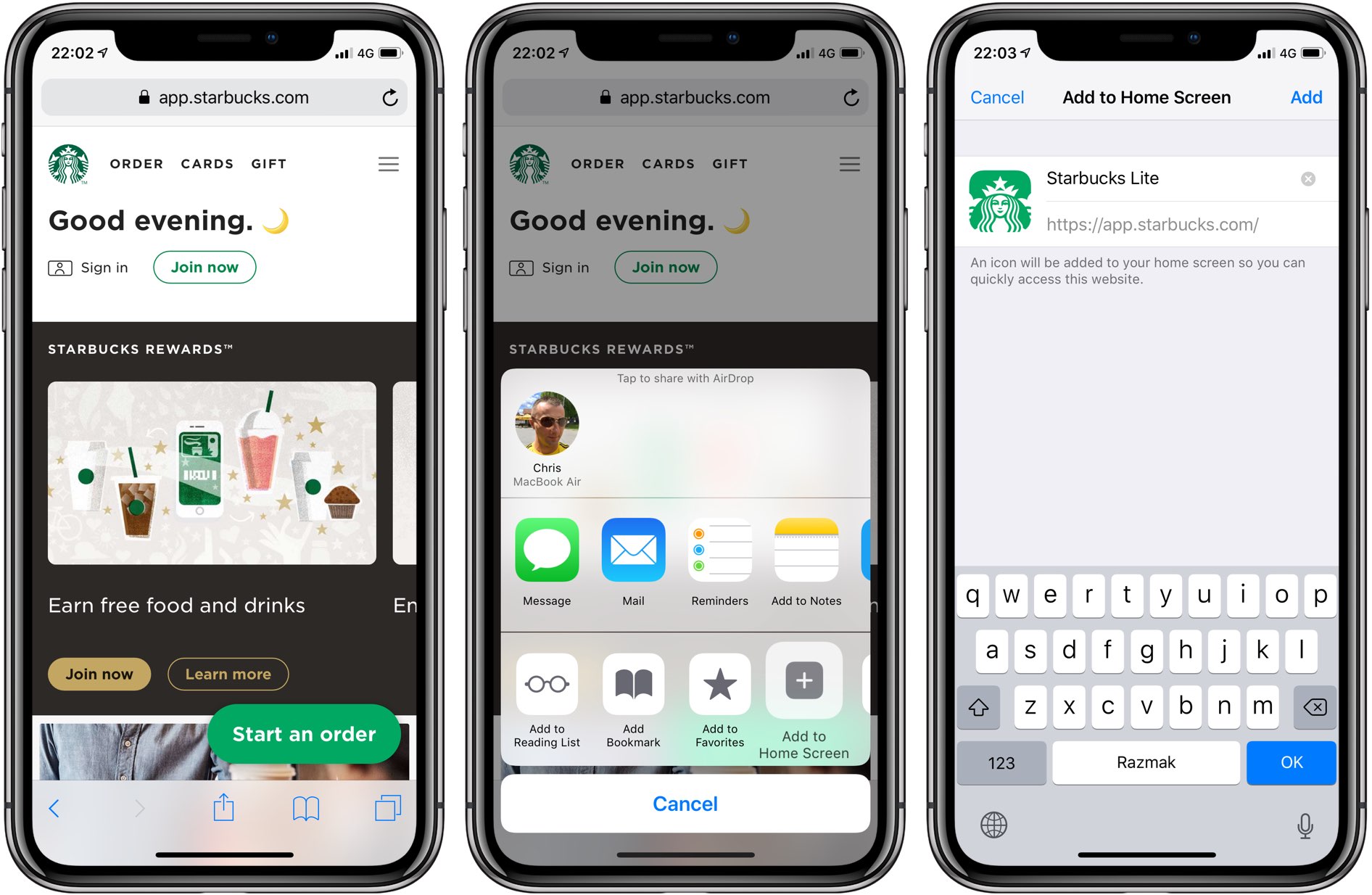Apple has intentionally crippled iPhone web apps in Europe, and now competition regulators in Brussels are taking a closer look at the user-hostile move.

Apple will permit third-party browser engines as part of the changes enforced by the Digital Markets Act in the European Union (EU). However, the company made it so iPhone users in the bloc won’t be allowed to save progressive web apps (PWA) to the Home Screen from a third-party browser using a custom rendering engine.
This has raised red flags with regulators in Brussels, who have taken the first steps towards a formal investigation into Apple’s decision, says a new report.
EU investigating Apple over nerfing web apps
“The bloc’s competition regulators sent questions to developers last week seeking to determine the impact of Apple’s decision to disable so-called progressive web apps in the EU, in a move seen as a precursor towards an in-depth probe,” Javier Espinoza reported for The Financial Times.
The European Commission confirmed it’s investigating Apple. “In that context, we’re in particular looking into the issue of progressive web apps and can confirm sending the requests for information to Apple and to app developers, who can provide useful information for our assessment,” the Commission told the newspaper.
Generally, PWAs are often so well done that they are virtually indistinguishable from native apps. You can see this move in the context of Apple stopping developers who seek to avoid its App Store commission fees from providing PWAs to users instead.
What are PWAs? How do they work?
Since the iPhone’s inception, people have been able to add any webpage to the Home Screen by choosing “Save to Home Screen” from Safari’s Share menu.

On top of that, PWAs can work offline, send notifications and save data in local databases. iOS 16.4 brought the necessary modifications to Safari to support these features and make iPhone web apps feel more like their native counterparts.
How iOS 17.4 nerfs PWAs in Europe
But iOS 17.4 has now crippled PWAs for people in Europe. So when people in one of the European Union member countries install iOS 17.4, they’ll find out that PWAs saved to their Home Screen have become mere website shortcuts. Specifically, iOS 17.4 forces web apps to open in Safari while significantly reducing their functionality.
For example, web apps in iOS 17.4 cannot access local data storage, meaning they cannot be used offline, nor can they issue notifications. In addition, web apps in iOS 17.4’s Safari show browser chrome instead of taking up the entire screen.
Again, those restrictions will only apply to users in the European Union. Elsewhere, PWAs will continue to work like before. Apple says the changes are part of its effort to comply with the Digital Markets Act, claiming permitting PWAs in third-party browsers brings inherent security and privacy risks.
Apple “regrets” the change
“We regret any impact this change—that was made as part of the work to comply with the DMA—may have on developers of Home Screen web apps and our users,” Apple said in an earlier statement, if you believe it.
It’s apparent that the iPhone maker wants to de-emphasize the role of PWAs as viable alternatives to native iOS apps. This is pure corporate spite, and the Commission has every right to investigate Apple over this user-hostile move.